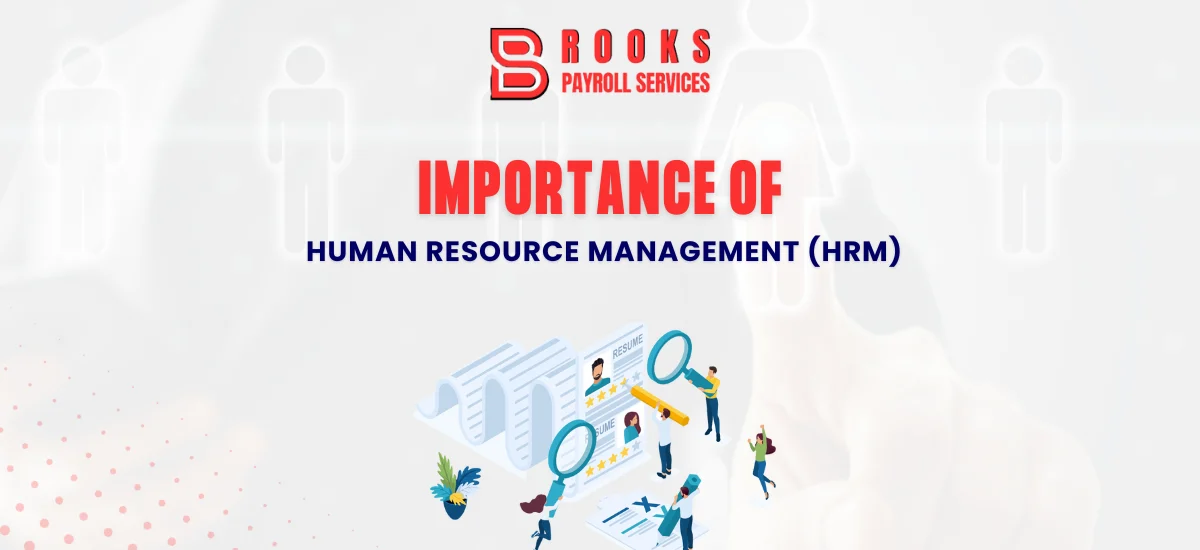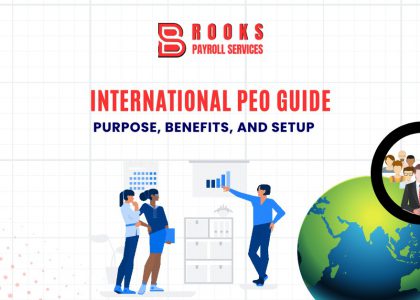Human resource management holds a significant role within the organizational structure, serving as a crucial strategy for effectively managing the workforce and instilling the organization’s values in employees. This, in turn, contributes to fostering an environment of positivity, heightened productivity, and increased profitability.
Recognizing that human resources are fundamental assets for any company, the performance and efficiency of the workforce have a direct impact on the overall workflow of an organization. Consequently, effective human resource management becomes imperative in aligning with the organization’s ethos and achieving developmental objectives seamlessly, minimizing dilemmas, disputes, and conflicts.
Now, let’s delve into a detailed understanding of what human resource management entails and why it is of paramount importance in the functioning of an organization.
What is Human Resource Management?
Human resource management is a systematic and strategic approach to overseeing the most vital asset of an organization—the workforce or employees. This multifaceted system encompasses strategic planning, organization, staffing, direction, control, and coordination. The ultimate goal is to streamline employee functioning within the organization while nurturing a healthy work culture.
At the heart of this system are HR managers leading a dynamic team of enthusiastic HR professionals. This department plays a pivotal role in fostering a positive work environment, considering the diversified nature of the workforce, which includes internal and external individuals. Managing a workforce with varying backgrounds, thoughts, and approaches necessitates inclusivity, skillfully handled by HR professionals for the overall growth and development of the company.
What is the Importance of Human Resource Management (HRM) for an Organization?
Now that we have an insight into what is human resource management, let us know about the importance of human resource management in the organization or why human resource management is important for organizational growth and development.
- Organizational Strategy and Planning:
HRM plays a pivotal role in aligning human capital strategies with the overall organizational goals. By understanding business objectives, HR professionals contribute to strategic planning, ensuring that the workforce is geared toward achieving the company’s mission and vision. - Talent Acquisition:
A company is only as strong as its workforce. HRM is instrumental in attracting, selecting, and onboarding top talent, ensuring that the organization is equipped with the right people possessing the skills and qualities needed for success. - Employee Retention:
Retaining valuable employees is as crucial as attracting them. HRM strategies, such as effective communication, recognition programs, and career development opportunities, contribute to higher employee retention rates. - Employee Development:
Investing in employee development is a cornerstone of HRM. Through training programs and continuous learning initiatives, HR professionals empower employees to enhance their skills, contributing to both personal growth and organizational success. - Employee Engagement:
Engaged employees are more productive and committed to organizational goals. HRM fosters a culture of engagement through open communication, employee recognition, and initiatives that promote a sense of belonging. - Performance Management:
HRM implements performance management systems to monitor, evaluate, and improve employee performance. This process ensures that individuals and teams are aligned with organizational objectives. - Conflict Resolution:
Conflicts are inevitable in any workplace. HRM acts as a mediator, addressing conflicts promptly and ensuring a harmonious work environment. - Enhanced Quality of Work:
By fostering a culture of excellence and providing the necessary resources, HRM contributes to improved quality of work, elevating the overall standards within the organization. - Ensuring Safety & Security:
HRM plays a crucial role in establishing and maintaining safety protocols, ensuring a secure working environment for all employees. - Training and Development:
Continuous training and development opportunities, facilitated by HRM, keep the workforce up-to-date with industry trends and innovations. - Reducing the gap between demand and supply of Human Resources:
HRM forecasts and plans for future talent needs, bridging the gap between the demand and supply of skilled human resources. - Building a Corporate Image:
A positive corporate image is crucial for attracting top talent and maintaining customer trust. HRM initiatives contribute to building and promoting a favorable corporate image. - Motivation:
HRM implements motivational strategies, recognizing and rewarding employee achievements, boosting morale and motivation. - Escalating Productivity and Profitability:
Efficient HRM practices directly impact productivity, ultimately contributing to increased profitability. - Building a Healthy Work Culture:
HRM shapes the organizational culture, fostering a positive, inclusive, and healthy work environment. - Compliance and Risk Mitigation:
HRM ensures compliance with labor laws and regulations, mitigating legal risks and fostering a culture of ethical conduct. - Payroll Management:
Accurate and timely payroll management is a crucial aspect of HRM, ensuring that employees are compensated fairly. - Compensation and Benefits:
HRM designs competitive compensation and benefits packages to attract and retain top talent. - Surging Employee Connection:
HRM initiatives create avenues for employee connection, collaboration, and a sense of belonging within the organization.
In essence, the importance of Human Resource Management extends far beyond traditional personnel management. It is a dynamic force driving organizational success, shaping cultures, and empowering individuals to contribute their best to the collective achievement of goals. A strategic and well-executed HRM framework is not just an asset—it’s the heartbeat of a thriving organization.










